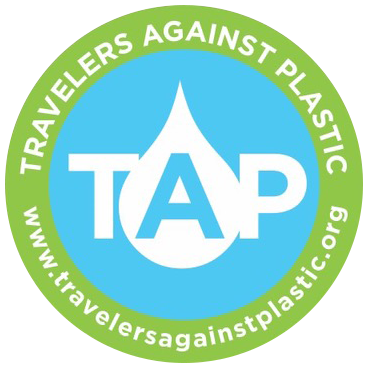By Bethany Holtz - Outreach Manager
Easter is nearly upon us once again, but this year, let's not allow the plastic bunny to dominate the celebration. Instead, let's embark on a plastic-free journey and make this Easter a sustainable and eco-friendly one! Here are some updated and refreshed ideas to help you get started:
Easter Baskets: Ditch the plastic baskets and opt for reusable ones made from natural materials such as wicker, wood, bamboo, or fabric. You can even unleash your creativity by crafting your own baskets using recycled materials like cardboard or fabric remnants.
Easter Eggs: Embrace sustainable alternatives to plastic eggs by using wooden or paper eggs for your Easter egg hunt. If you already have plastic eggs, don't discard them. Instead, reuse them for as long as possible, and get creative by mixing and matching pieces to create unique combinations.
Candy/Treats: Instead of indulging in plastic-wrapped candies, explore homemade options like hot cross buns, carrot cake, or DIY chocolates. If you must buy candies, opt for bulk options to minimize individual plastic packaging.
Easter Grass: Say goodbye to plastic grass and choose sustainable alternatives such as paper grass, real straw, wheat grass, or even homemade versions crafted from old newspapers. These options are not only biodegradable but also safer for pets and wildlife.
Gifts: Prioritize eco-friendly gifts like reusable water bottles, cloth napkins, or beeswax wraps. Consider gifting experiences such as tickets to a show or a fun outdoor activity instead of physical items. For kids, opt for durable toys or art supplies that promote long-term enjoyment.
Decorations: Swap out plastic decorations for natural elements like real eggs, flowers, leaves, and twigs. Get creative by painting and decorating real eggs or crafting homemade decorations using sustainable materials.
Dyeing Eggs: Choose natural dyes such as beetroot, turmeric, or spinach for dyeing Easter eggs. Not only is this a fun activity for the whole family, but it also eliminates the use of artificial dyes harmful to the environment.
Easter Dinner/Brunch: Support local farmers and reduce your carbon footprint by shopping at farmers' markets or local markets for Easter brunch or dinner ingredients. Opt for seasonal and locally sourced foods to create a delicious and sustainable feast.
Reuse and Recycle: After Easter festivities, aim to reuse or recycle as much as possible. Compost leftover eggshells, recycle cardboard packaging, and donate unwanted items to charity. Store decorations, baskets, and eggs properly to reuse them for future celebrations.
By incorporating these tips into your Easter celebration, you can enjoy a plastic-free holiday that's both environmentally friendly and enjoyable for all. Let's each do our part to reduce plastic pollution and safeguard our planet for generations to come. Happy Easter! 🐣🌱

